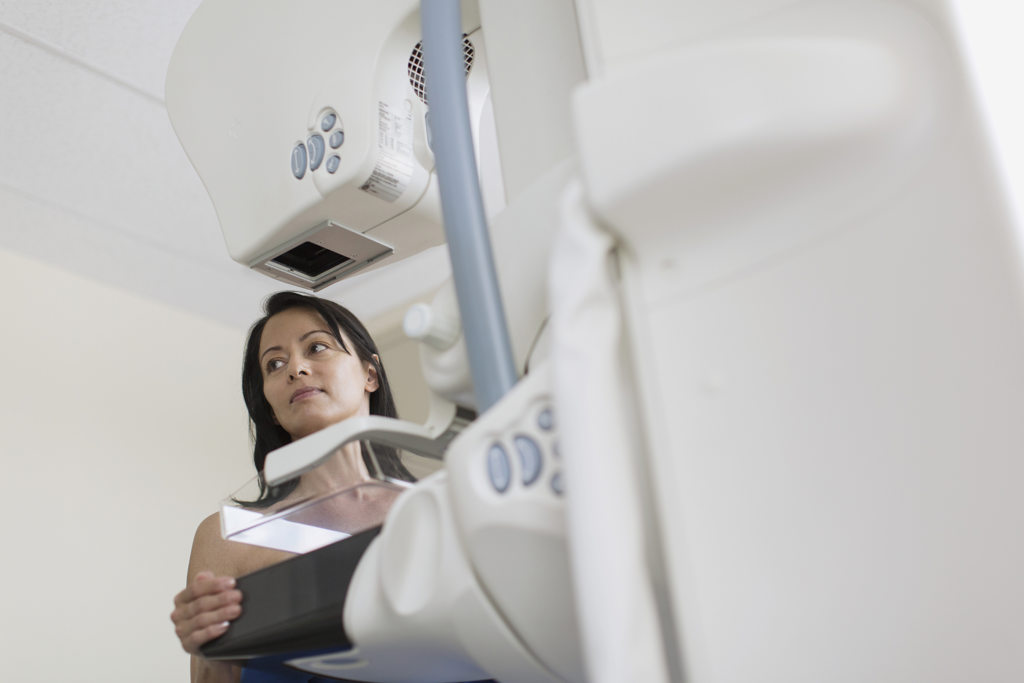Penn Highlands Healthcare Enhances Mammography Services To Improve
Early Detection and Personalize Breast Screening

Penn Highlands Healthcare has expanded its commitment to early breast cancer detection with the implementation of software that enhances patient care at all of its imaging sites in Northwestern/Central and Southwestern Pennsylvania.
Reporting and Communication Efficiencies
Penn Highlands Healthcare has adopted Volpara Patient Hub, patient management software to enhance early detection of breast cancer in the communities it serves. The software is designed to streamline and improve patient and physician communications to help ensure that every patient receives regular breast screening, as well as any follow-up care they may require.
Patient Hub replaces manual paper tracking with customizable mammography reporting and patient communication options. The software also provides an integrated cancer risk assessment capability to help personalize patient care. Risk assessment is streamlined with an accessible patient questionnaire that collects and stores key patient information.
Breast Density Assessment
Also in an effort to enhance early detection of breast cancer in the community, Penn Highlands Healthcare recently began using robust breast density assessment technology that overcomes the limitations of mammography to detect cancer in women with dense breasts. The use of Volpara Scorecard enables Penn Highlands to objectively measure breast density and assess a woman’s individual risk of breast cancer. By using this technology, radiologists can objectively estimate a woman’s amount of breast density, either from 2D or 3D mammogram images, and help identify those who might benefit from additional screening.
Approximately 50% of women of screening age have dense breasts. High breast density is an important independent risk factor for developing breast cancer, and cancer can hide in dense breasts. Both dense breast tissue and cancer appear white on a mammogram, making it harder to identify cancer in dense breasts. These well documented facts contribute to a hindrance to early detection for these women.
“This new technology is a great addition to our breast program,” said Suzanne Iorfido, DO, Chief of Breast Imaging at Penn Highlands Healthcare. “Our new software will ultimately give patients more information regarding their breast health and how to best undergo optimal annual screening, which may include annual ultrasound and MRI in addition to mammography.”
